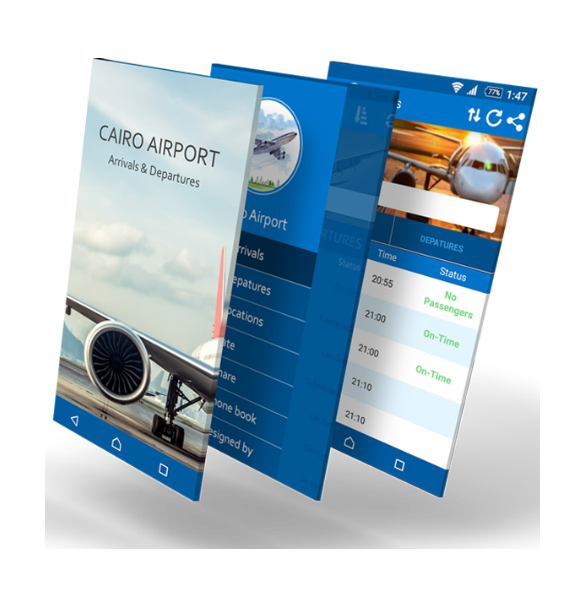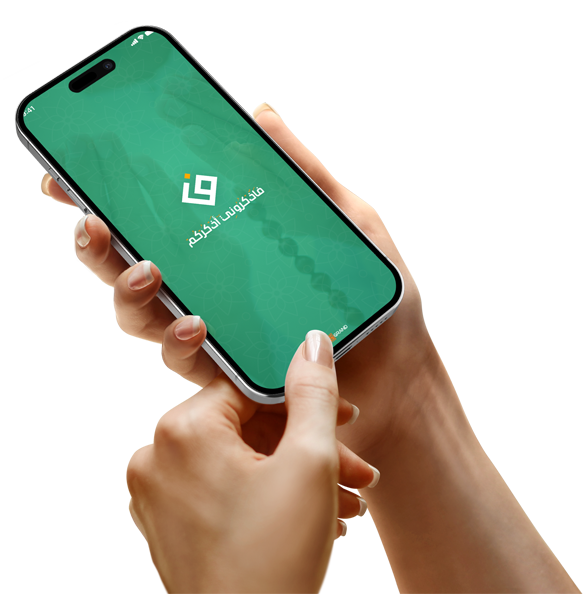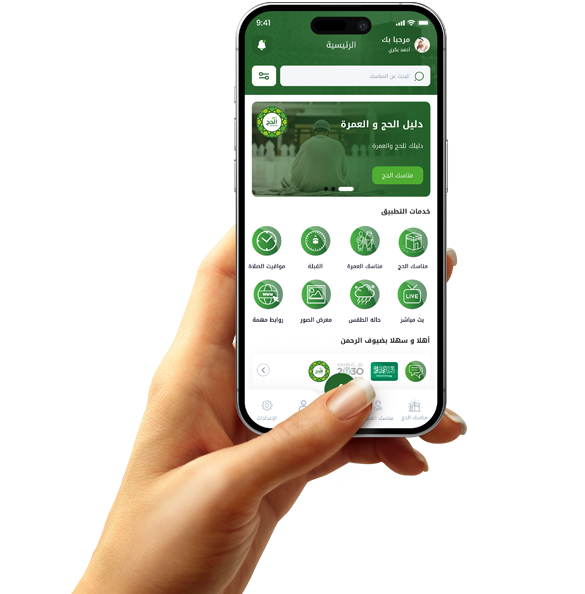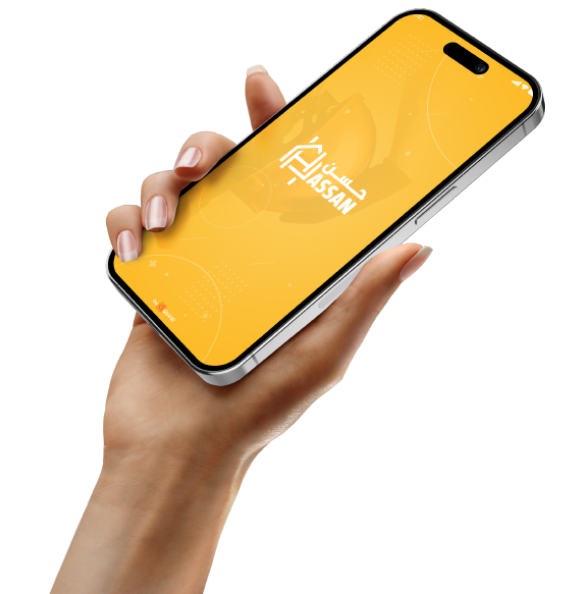Create Android App

What is Android App Development?
Android app development is the process of designing and programming an application that runs on the Android operating system, which is the most popular and widely used in the world. This process begins with an initial idea that is analyzed and transformed into a clear plan. The user interface is then designed to be attractive and easy to use to meet the needs of the target audience.
Next, comes the programming role using languages such as Kotlin or Java, which are the most common in Android app development. This stage includes writing codes and linking the design to the required functions. Once the development is complete, the application undergoes several tests to ensure that it is free of errors and works efficiently on various devices. Finally, the application is published on the Google Play Store, allowing users to download and benefit from it.
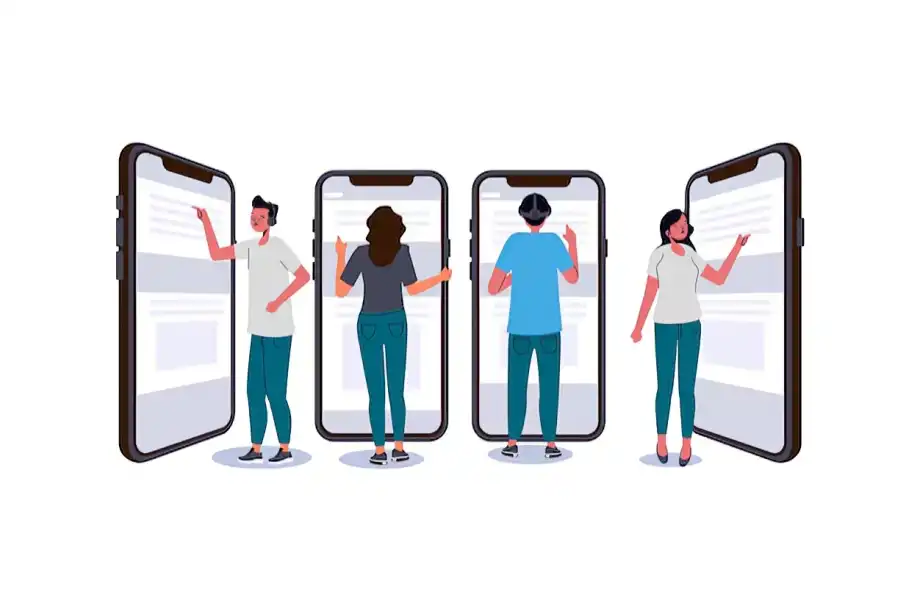
Steps to create a successful Android application
1. Idea analysis:
Analyzing the idea is the first step towards building a successful application. You must determine the main goal of the application, what problem it will solve or what value it will add to users. You must also study the target market and know the audience's needs. This analysis helps formulate a clear action plan that facilitates the rest of the development stages.
2. Design:
The design of the application is an essential part of its success. The design should be simple and easy to use, taking into account the user experience. Tools such as Figma or Adobe XD can be used to create prototypes of the interface. It is important to focus on colors, fonts, and smooth navigation between screens, as this directly affects user satisfaction.
3. Programming:
The programming stage begins with creating the basic structure of the application using development tools such as Android Studio. Kotlin or Java is used to write codes and link different functions to the interface. At this stage, any external services such as databases or application programming interfaces (APIs) are also integrated.
4. Testing:
Testing ensures that the application works efficiently on different devices and screens. Performance and experience tests are performed, and tools such as Firebase Test Lab or the Emulator are used. Any errors discovered are fixed to ensure a hassle-free experience for users.
5. Launch:
Before launching, a developer account is set up on Google Play and the app is uploaded to it. A detailed description of the app must be written, with images and videos showing how to use it. After publishing, it is important to follow up on user feedback to continually update and improve the app.

The most important tools for developing an Android application
1. Android Studio:
Android Studio is the official integrated development environment for developing Android applications. It provides multiple tools that facilitate the programming and design process, such as a code editor, a virtual device emulator, and performance testing tools. Through it, developers can create powerful and flexible applications that meet the needs of users.
2. Kotlin and Java:
Kotlin and Java are the two main languages for developing Android applications. Kotlin is characterized by being a modern and easy-to-use language, making it the ideal choice for beginners. As for Java, it is an old and powerful language that supports most of the functions of Android, making it important to understand the basics.
3. Firebase:
Firebase is a platform from Google that provides many features such as cloud databases, push notifications, and data analysis. With Firebase, developers can save time and effort when adding advanced features to the application.
4. GitHub:
GitHub is a code management tool that allows developers to collaborate and share projects easily. It can be used to backup code and track changes to it, which facilitates teamwork and ensures the quality of the application.
5. Emulator:
The Emulator is a tool built into Android Studio that enables developers to test applications on virtual devices without the need for physical devices. This helps detect errors and ensures the application is compatible with different screen sizes and versions.
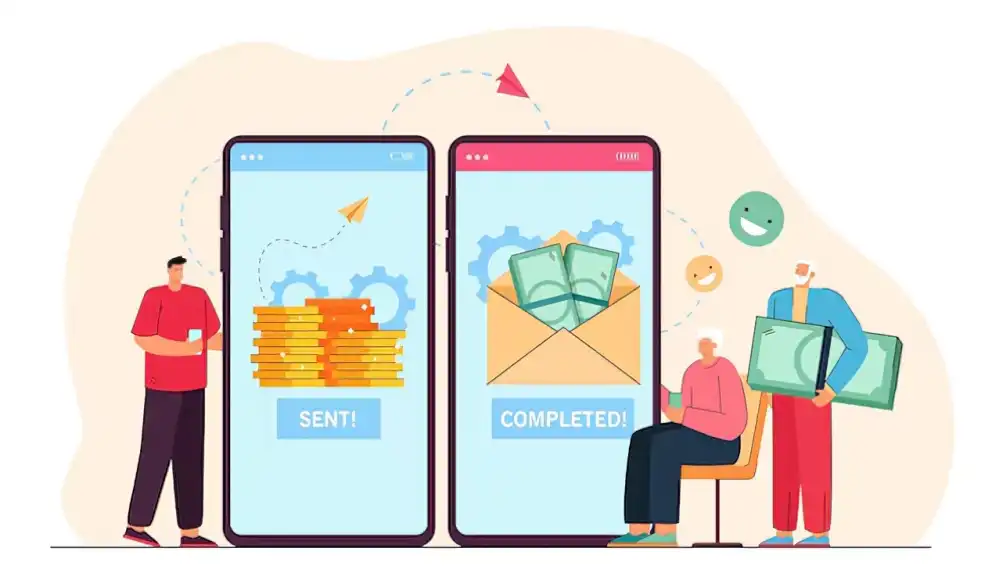
Tips for Beginners in Android App Development
1. Start with a small project to understand the basics:
When you start your journey in Android app development, it is best to choose a small, simple project. This gives you the opportunity to understand the basics without feeling overwhelmed. For example, you can develop an app for a calculator or a to-do list. Through this experience, you will learn the basics of design, programming, and testing.
2. Learn to code using Kotlin:
Kotlin is the currently recommended language for developing Android apps. It is characterized by being simple and flexible, and helps in writing less code compared to Java. There are many free and paid educational resources that you can benefit from to learn the language effectively.
3. Make sure to design a comfortable and simple user interface:
The user interface is the first thing users see, so it should be attractive and easy to use. Create a design that focuses on the user experience, taking into account the use of harmonious colors and clear buttons. Learning from successful apps can help you improve your design skills.
4. Test the app on more than one device:
Ensuring that the app is compatible with different devices and screen sizes is essential. Use real devices or an emulator to test the app, and detect potential errors that may appear under certain conditions. This ensures a consistent experience for all users.
5. Take advantage of online courses:
The internet is full of courses that cover Android app development from scratch to professional. Platforms like Udemy and Coursera offer comprehensive content at reasonable prices. You can also follow educational YouTube channels for practical and direct explanations.



